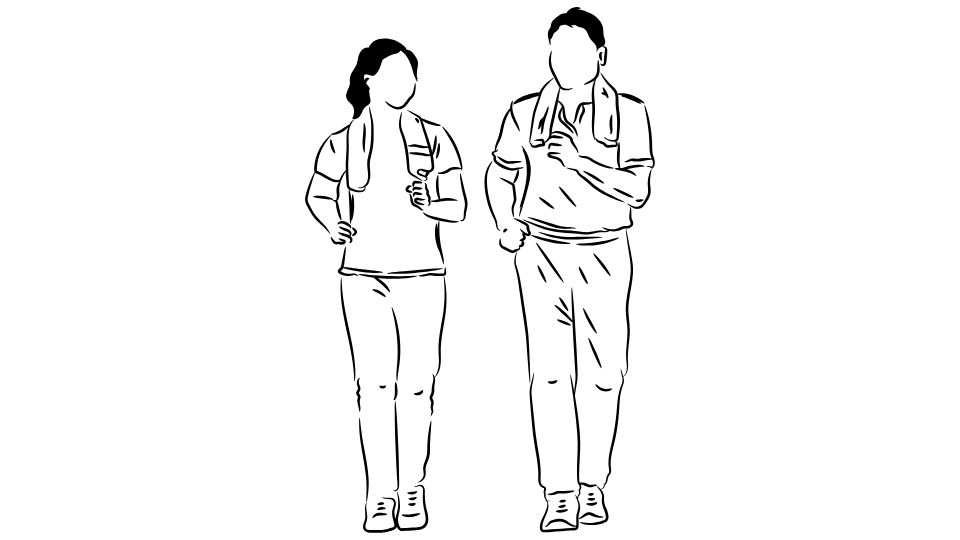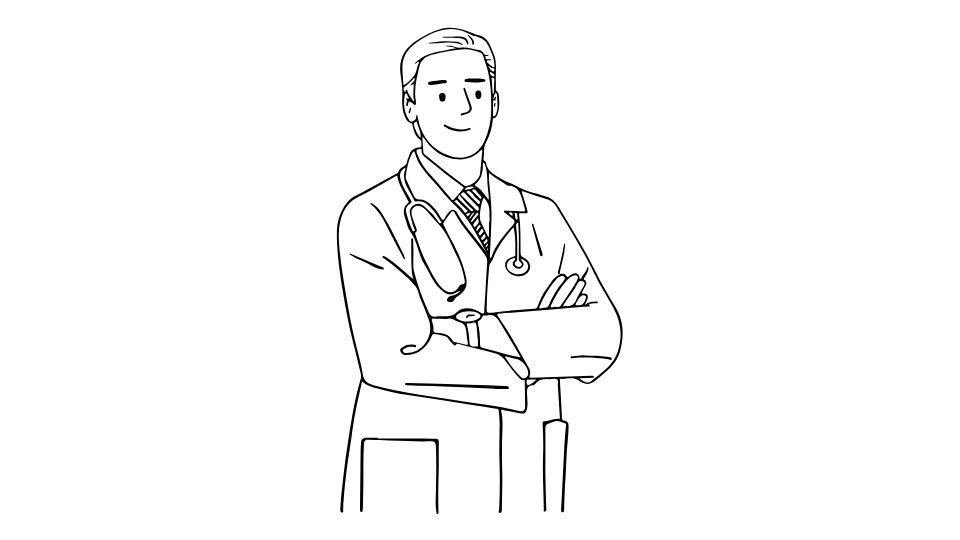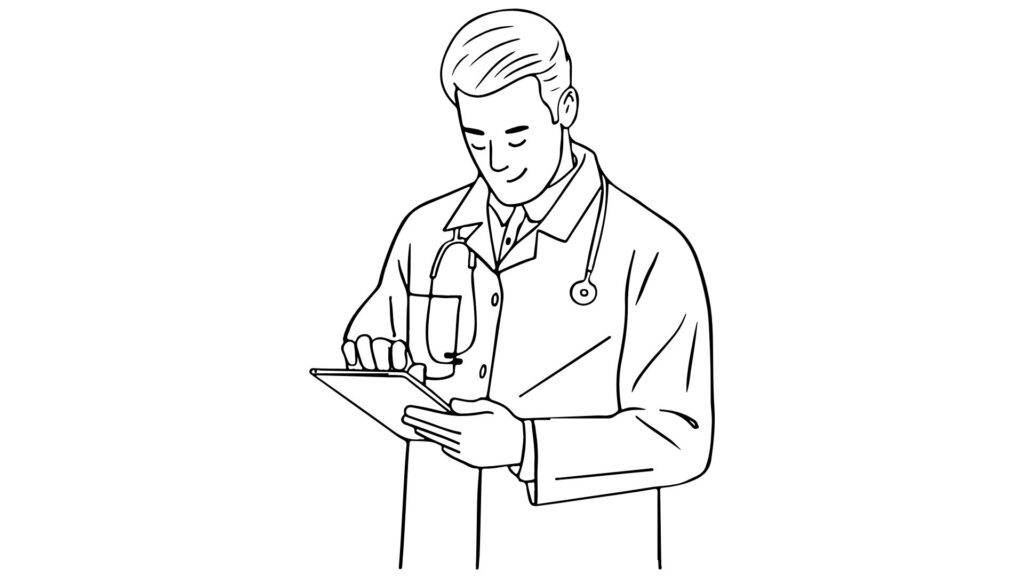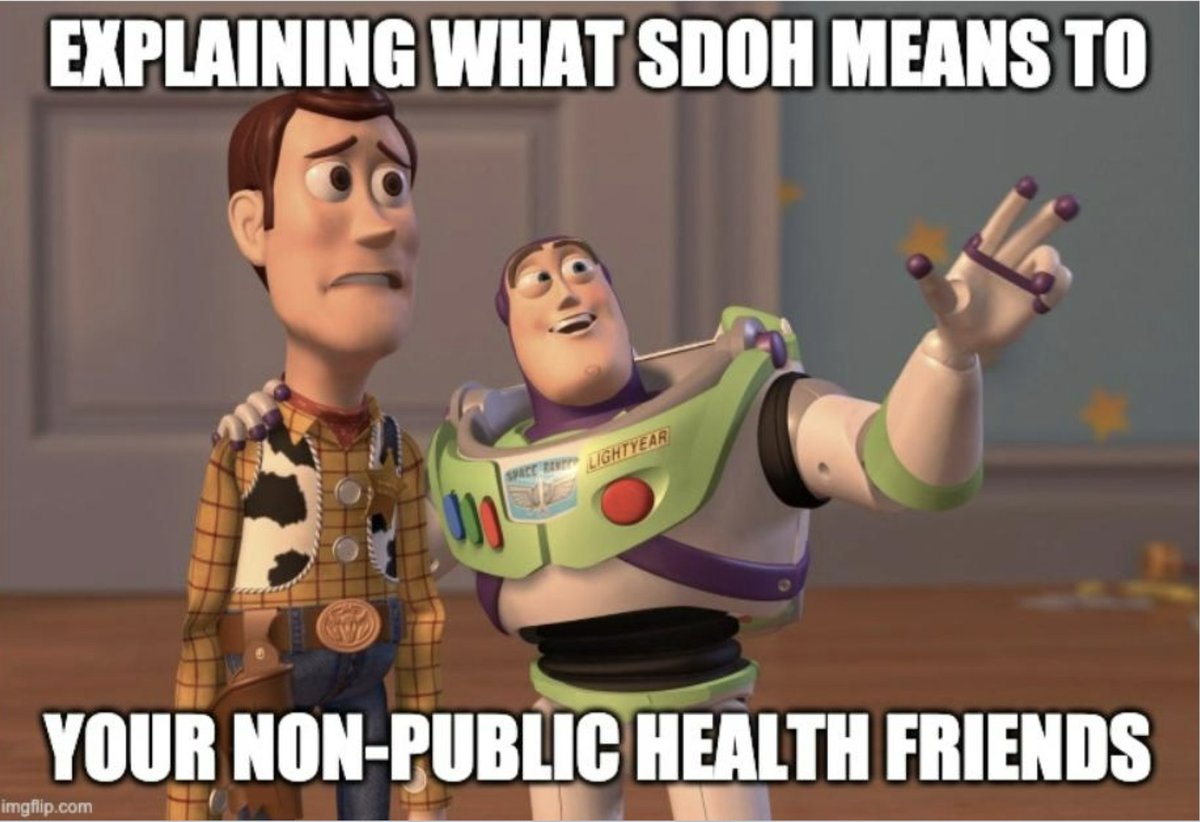Understanding the Social Determinants That Shape Health Equity

Let’s be real – there’s a reason some people are healthy and others aren’t, and it’s not just about who eats their veggies.
Have you ever wondered why your zip code might predict your health better than your genetic code? Or why some neighborhoods have a Whole Foods on every corner while others can’t even get a decent grocery store?
That’s where social determinants of health equity come in. These are the conditions in which we’re born, grow up, work, and age – and they have a MASSIVE impact on our health.
Why Some People Are Healthier Than Others (And It’s Not Just Luck)
When we talk about health, we often think about individual choices. But the truth? Your health is shaped by so much more than just what you do at the gym.
Social determinants of health include things like:
- How much money you make
- Your education level
- Where you live
- Who you know
- And yes, sadly, even the color of your skin
Health equity happens when everyone has a fair shot at being healthy, regardless of their social position or background.
The Big Players in Your Health (That Aren’t Your Doctor)

Your doctor might be great, but they’re only responsible for about 20% of your health outcomes. The rest? It’s all about these social factors.
1. Money Matters (A Lot)
Being poor is literally bad for your health. When you’re struggling financially:
- You might skip medications because they’re too expensive
- You might work multiple jobs with no time for exercise
- You might live in an area with higher pollution
A landmark study from Harvard found that the richest Americans live, on average, 15 years longer than the poorest. Fifteen. Years. That’s not a small gap!
2. Education Opens Doors
People with higher education levels tend to live longer, healthier lives. Why?
- They typically earn more money
- They often have better health literacy
- They might have better access to information about health
It’s not just about being smart – it’s about having access to opportunities that education provides.
3. Your Neighborhood Matters More Than You Think
Living in a neighborhood with:
- Sidewalks and parks = more physical activity
- Clean air = better respiratory health
- Access to fresh food = better nutrition
- Low crime = less stress and better mental health
According to the Robert Wood Johnson Foundation, two neighborhoods just a few miles apart can have a 20-year difference in life expectancy. Twenty years!
4. Racism Is a Public Health Crisis
This isn’t political – it’s factual. Systemic racism affects health through:
- Unequal access to healthcare
- Higher stress levels from discrimination
- Residential segregation leading to environmental inequities
- Bias in medical treatment
Black women in America are 3-4 times more likely to die from pregnancy-related causes than white women, regardless of education or income level.
How Do We Fix This? (Because We Need To)

Addressing health inequities isn’t just the right thing to do – it’s the smart thing to do. Healthier populations mean lower healthcare costs, stronger economies, and better quality of life for everyone.
Policy Changes That Actually Work
The most effective solutions often happen at the policy level:
- Expanding healthcare access
- Raising minimum wages
- Investing in affordable housing
- Creating paid family leave policies
When Massachusetts expanded healthcare access, they saw mortality rates drop by 3% in just four years. That’s thousands of lives saved!
Healthcare Systems Need to Step Up
Healthcare providers can’t just treat diseases – they need to address their root causes:
- Screening patients for social needs
- Connecting patients to community resources
- Advocating for policy changes
- Diversifying the healthcare workforce
When a health system in Pennsylvania started screening for food insecurity and connecting patients to food resources, they saw emergency department visits drop by 15%.
Communities Taking Control
Some of the most innovative solutions come from communities themselves:
- Community gardens in food deserts
- Local transportation initiatives
- Neighborhood safety programs
- Cultural health workers
The Dudley Street Neighborhood Initiative in Boston transformed a neglected area into a thriving community with green spaces, affordable housing, and better health outcomes.
Why Is This So Hard to Fix?

If we know what the problems are, why haven’t we solved them? Well…
1. Siloed Systems
Healthcare, housing, education, and employment systems often don’t talk to each other. Each tackles their own piece of the puzzle without seeing the whole picture.
2. Short-Term Thinking
Many interventions that improve health take years or decades to show results. Politicians and investors often want quick wins.
3. Powerful Opposition
Let’s be honest – some groups benefit from the status quo and actively resist changes that would promote equity.
4. Measuring What Matters
We’re great at counting hospital beds and procedures, but terrible at measuring things like community resilience or social cohesion that actually drive health.
What You Can Do (Because Yes, You Can Help)

You don’t have to be a policymaker or healthcare provider to make a difference:
- Vote for candidates who prioritize health equity
- Support local organizations addressing social determinants
- Advocate for policy changes in your community
- Educate yourself and others about these issues
- Volunteer with programs that help vulnerable populations
Remember, health equity isn’t about giving everyone the same thing – it’s about giving everyone what they need to be healthy. Sometimes that means giving more help to those who need it most.
Social determinants of health aren’t just academic concepts – they’re the real-world factors that determine whether you’ll live a long, healthy life or suffer from preventable diseases and premature death.
And the good news? These factors are modifiable. We can change them. It won’t be easy, and it won’t happen overnight, but we can create a society where your health isn’t determined by your zip code, income, or race.
Because everyone deserves a fair shot at a healthy life. Don’t you think?

